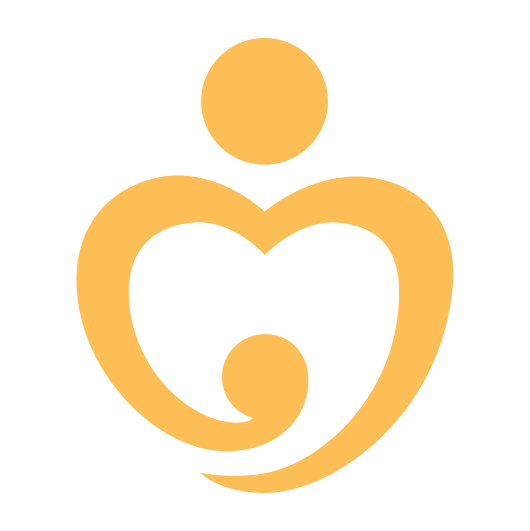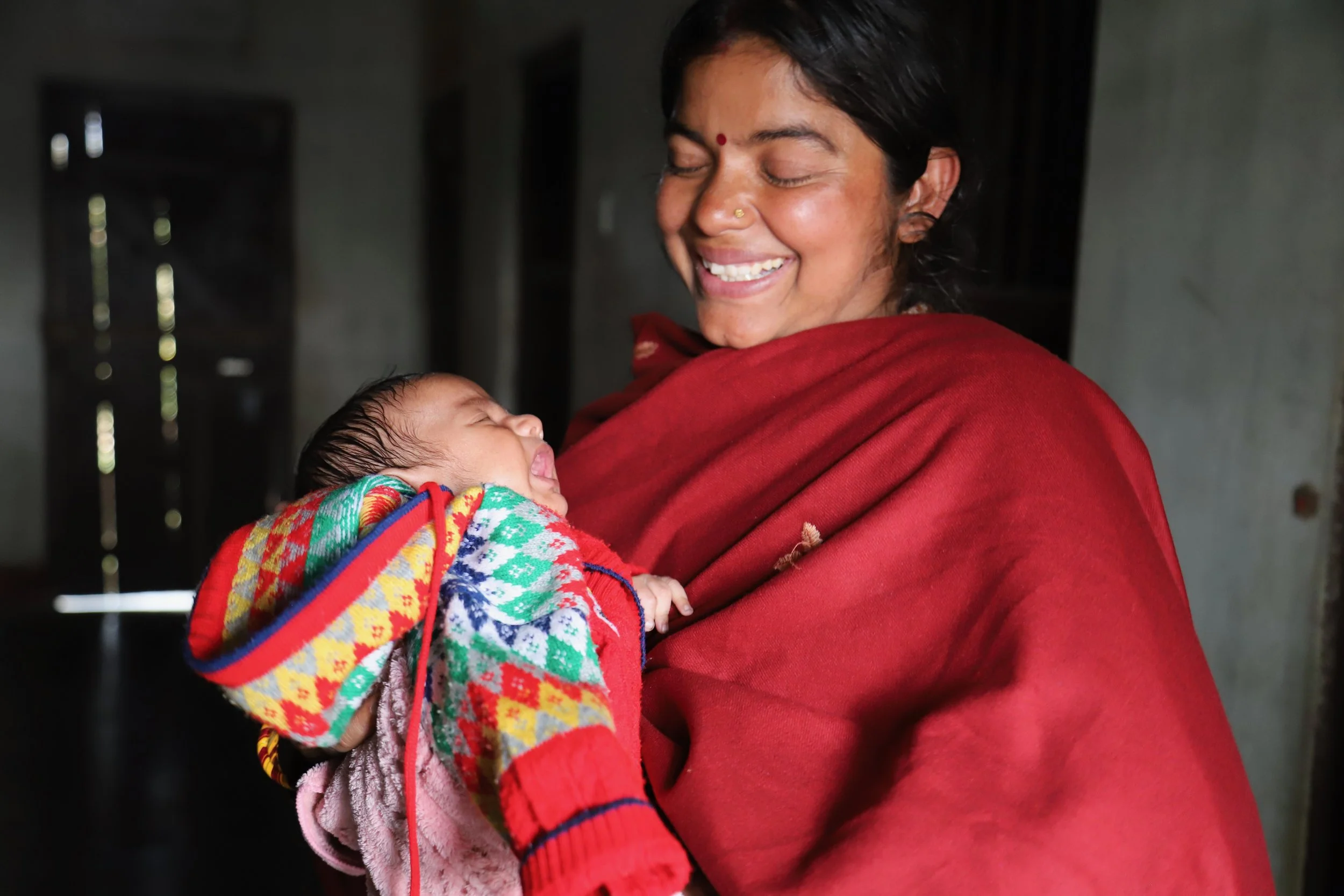Mahottari mothers: building a safe motherhood system
By Naresh Newar in Mahottari, Nepal
Kiran Kumari Thakur understands the barriers to convincing women to seek appropriate maternal care all too well. As a female community health volunteer (FCHV), she has the challenging job of educating families about safe motherhood practices, often facing resistance from older women set in their traditional ways.
“Changing behaviors is very difficult, especially with the matriarchs who control the younger women in the household,” Kiran explains. “When I visit pregnant women to discuss safe pregnancy and delivery, I often get scolded for ‘distracting’ the daughters-in-law from their chores.”
“But I never give up, and it is my duty to meet every pregnant woman to ensure they get all the information for safe deliveries at health facilities,” says Kiran, one of the new generation of FCHVs in Pipara Rural Municipality of Mahottari district. Mahottari is one of One Heart Worldwide’s new program districts in Madhesh Province, which experiences one of the highest maternal mortality ratios in Nepal.
Empowering FCHVs with OHW’s support
Pipara is one of the 15 municipalities where OHW and our local NGO partner Ratauli Yuwa Club (RYC) have been working closely with local governments to establish a high-quality MNH system since 2023.
With training from OHW and RYC, Kiran and other volunteers have new tools to empower communities. They learn how to educate about birth preparedness, danger signs in labor, and preventing life-threatening complications. They also educate and motivate women about the importance of antenatal (ANC) and postnatal care (PNC) visits at local health facilities.
“There have been many positive changes, and we are working hard to change the traditional mindset and old social norms at both community and household levels,” says Kiran. One key initiative by OHW and RYC is to organize regular Health Mothers’ Group meetings, where mothers-in-law and other household members are also invited to learn about MNH issues.
OHW and RYC held community perception assessments during the program’s first implementation stage. They were shocked to find little awareness about ANC and PNC, a preference for home birth delivery, failure to recognize danger signs during and after pregnancy, a lack of importance given to iron tablets, and no knowledge about the importance of postpartum care at home or proper nutrition for mothers.
“These are issues that we had been raising with families long before OHW and RYC started its program in our municipalities. But now, we have learned how to educate them better. Their guidance has made us more professional,” says Rita Pandey, a senior FCHV in Ekdara Rural Municipality, where she has been working for several decades.
“We have learned so much about educating women through the Birth Preparedness Package (BPP) training. Through the training provided by OHW and the Government, we are able to use visual materials that help to explain safe motherhood practices more clearly and accurately to the families,” says Rita. She explains how the Health Mothers’ Group meetings have been reactivated and held regularly, unlike before when these meetings were irregular and did not have high participation from pregnant women, mothers, or their family members.
Shortage of nurses
One of the most critical concerns in Mahottari is the scarcity of nurses. “I try my best to give 24-hour service, and despite the huge flow of patients, I provide service to everyone,” says Babita Kumari Mandal, an Auxiliary Nurse Midwife (ANM). She is the only nurse at Ekdara Health Post and often has no time to leave due to the volume of patients she sees.
“I am so happy that we have a nurse like her. If I have any complications, I can visit her anytime, even at night. I feel safe because of her,” says Priyanka Yadav, a young expecting mother. We met her during her eighth and final ANC checkup. She shares that many women in her neighborhood, like her, are lucky as the health facility is very close to their homes, and they have a trained nurse like Babita close by.
Even within Ekdara Municipality, we found that different wards had both poor and high-quality health facilities. Not every woman was as lucky as Priyanka and her neighbors.
“It is especially challenging for women from families with limited resources. They can’t afford to travel to the cities. In their wards, they make the effort to visit the health facility and realize that there are not enough facilities for blood and urine tests, or there are no ultrasound machines,” says Ibrahim Nadaf, Health Sub-Coordinator of Ekdara Municipality.
He adds that even when municipalities want to upgrade their health facilities, they are under-resourced, and this is where OHW’s support is imperative.
However, Ekdara’s Deputy Mayor, Mahajabi Khatun, is positive that the situation for women’s health is improving compared to the past. She shares, “I remember coming to this municipality as a young bride, and most women were not aware of safe motherhood. But their attitudes and behaviors are changing.”
The awareness programs have helped provide women with new knowledge and information.
“We are thankful for the support from OHW and RYC; they have already been helping to educate many women and FCHVs. We are hopeful they will continue supporting us,” says Deputy Mayor Khatun.




